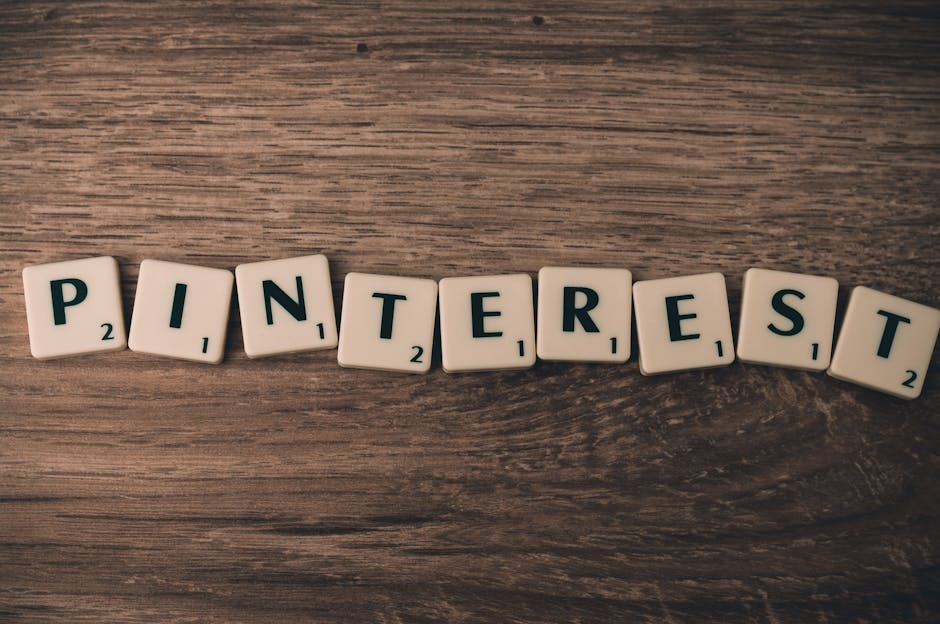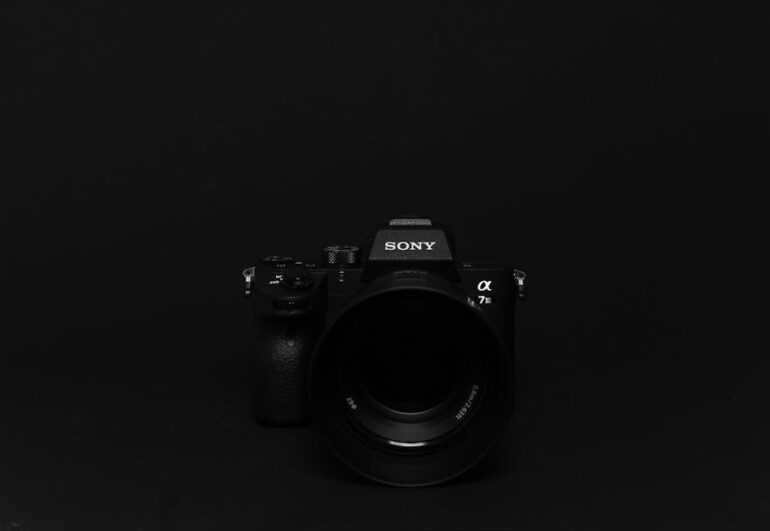Did you know that studies suggest excessive social media use can be linked to increased feelings of loneliness and anxiety? With so many people online, it’s natural to wonder: is deleting social media a sign of depression? It’s a complex question without a simple yes or no answer. Let’s unpack this and understand what it truly means when someone steps away from the digital world.
Stepping away from social media can be a sign of someone prioritizing their mental health. It could be a conscious decision to reduce stress, comparison, and the constant influx of information. However, it’s also possible that withdrawing from online platforms is linked to feelings of sadness, isolation, or overwhelm, all of which are often associated with depression. This article aims to help you understand the nuances of this behavior and when it might be cause for concern.
## Why People Delete Social Media
Many reasons can lead someone to deactivate their accounts. Often, it’s a positive step towards reclaiming time and mental space. Let’s consider some common motivations:
Time Management: Social media can be a major time sink. Deleting apps frees up time for other activities, like hobbies, exercise, or spending time with loved ones in person.
Reduced Anxiety: The curated and often unrealistic portrayals of life on social media can trigger anxiety and feelings of inadequacy. Stepping away can significantly reduce these feelings.
Improved Sleep: The blue light emitted from screens can interfere with sleep patterns. Limiting social media use, especially before bed, can improve sleep quality.
Increased Productivity: Constant notifications and the urge to check updates can disrupt focus and reduce productivity.
Sometimes, the reason is a bit more complicated. The below table shows the comparison of the reasons for deleting social media.
| Reason | Positive Outcome | Potential Concern | |
|---|---|---|---|
| ——————– | —————————————————– | ————————————————– | |
| Time Management | Increased productivity, more time for hobbies | Avoiding tasks due to lack of motivation | |
| Reduced Anxiety | Improved mood, less comparison to others | Feeling isolated due to lack of social connection | |
| Improved Sleep | More restful sleep, better overall health | Insomnia linked to underlying mental health issues | |
| Increased Productivity | Better focus, achieving goals | Difficulty concentrating due to depression symptoms |
## When Deleting Social Media Might Signal a Problem
While often a positive choice, deleting social media can sometimes be a red flag. If you notice any of the following alongside the decision to disconnect, it’s worth paying closer attention:
Increased Isolation: Are they withdrawing from other activities as well? Are they avoiding friends and family?
Loss of Interest: Have they stopped enjoying things they used to love?
Changes in Appetite or Sleep: Are they eating or sleeping excessively or hardly at all?
Persistent Sadness or Hopelessness: Do they seem consistently down or negative?
Expressing Feelings of Worthlessness: Are they frequently putting themselves down or saying negative things about themselves?
As you can see, isolating from friends and family can be a sign of depression. This is something to keep in mind when considering the full picture.
## Steps to Take If You’re Concerned
If you’re worried about someone who has deleted their social media, here’s a guide on how to approach the situation:
1. Start a Conversation: Gently express your concern. Use “I” statements to avoid sounding accusatory. For example, “I’ve noticed you’ve been spending more time alone lately, and I’m a little worried.”
2. Listen Actively: Let them talk without interruption. Show empathy and understanding.
3. Offer Support: Let them know you’re there for them, no matter what.
4. Suggest Professional Help: If you suspect depression, encourage them to speak with a therapist or counselor. You could say, “I know this might be a lot to handle on your own. Would you be open to talking to a professional?”
5. Respect Their Boundaries: If they don’t want to talk, don’t push them. Just let them know you’re available when they are ready.
## Common Misconceptions About Social Media and Mental Health
It’s easy to fall into the trap of thinking social media is inherently bad, but that’s not always the case. It can be a great tool for staying connected, finding support, and even learning new things. The key is balance and mindful usage. Similarly, deleting social media doesn’t automatically mean someone is depressed.
“Deleting social media can be a proactive step towards better mental well-being, but it’s crucial to look at the broader picture,” says Dr. Anya Sharma, a licensed therapist specializing in social media’s impact on mental health.
## Key Takeaways
Deleting social media is not always a sign of depression. It can be a healthy choice.
Look for other signs of depression if you’re concerned.
Open communication and support are essential.
Encourage professional help if needed.
Balance is key to healthy social media usage.
## FAQs About Social Media and Depression
Is deleting social media a sign of depression?
Not necessarily. It can be a conscious choice for various reasons, such as time management or reducing anxiety. However, it could be a sign if accompanied by other symptoms of depression, like increased isolation or loss of interest in activities.
What are some benefits of deleting social media?
Benefits include improved time management, reduced anxiety, better sleep, and increased productivity.
How can I support someone who has deleted their social media?
Start a conversation, listen actively, offer support, and suggest professional help if needed.
When should I be concerned about someone deleting social media?
Be concerned if they exhibit other signs of depression, such as increased isolation, loss of interest, changes in appetite or sleep, persistent sadness, or feelings of worthlessness.
Can social media cause depression?
Excessive and unhealthy social media use can contribute to feelings of anxiety, loneliness, and inadequacy, potentially exacerbating or contributing to depression.
## Recommendations
If you’re considering deleting social media, think about what you hope to gain. Set realistic goals and be mindful of how you’re feeling. If you’re concerned about a friend or family member, reach out and offer your support. Remember, you’re not alone. Numerous resources are available to help, like the National Alliance on Mental Illness (NAMI) or the Crisis Text Line. You can also look into local mental health services in your area. Additionally, this article provides an overview of Social Media and Mental Health that you may find useful.
## Conclusion
Is deleting social media a sign of depression? Hopefully, this guide has shown you that the answer isn’t straightforward. It’s crucial to look at the whole picture and consider the individual’s motivations and overall well-being. If you’re concerned about someone, don’t hesitate to reach out and offer support. Remember, open communication and empathy can make a world of difference.
What are your thoughts on social media and mental health? Share your experiences in the comments below! And if you found this article helpful, please share it with others. Together, we can break the stigma surrounding mental health and create a more supportive online and offline world.

















